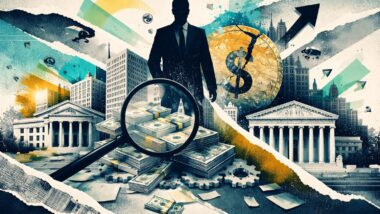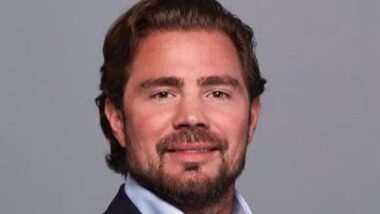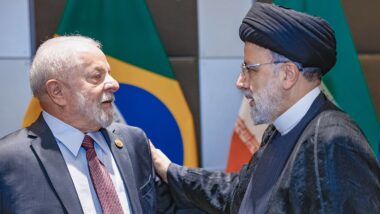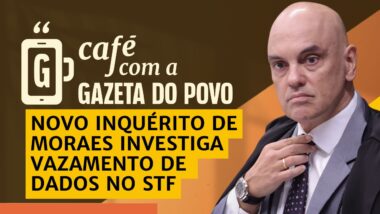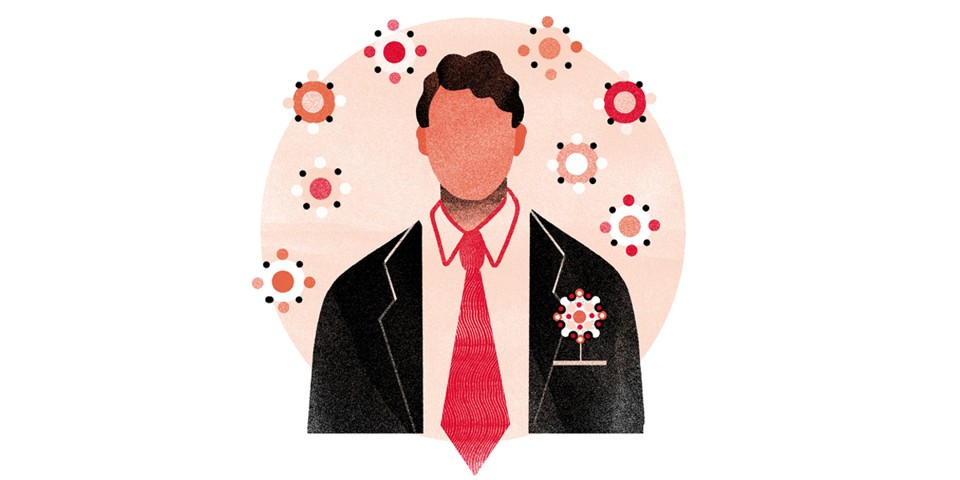
Ouça este conteúdo
Only a free person can be the protagonist of his own destiny. Personal fulfillment, the quest for excellence, presupposes that individuals are free to put their talents and abilities into practice, to collaborate with society through their work, which is an invaluable dimension for the majority of the population. What is expected in a democracy is that people have the freedom to seek the profession of their choice - the one in which they feel comfortable, where they can put their qualities at the service of the common good and, at the same time, provide sustenance for themselves and their families, which can occur both through paid work and entrepreneurship.
Therefore, as a general rule, the State should not impose limits on professional activity. We know that these limits exist, in very different ways: the requirement of a certificate or diploma to carry out a particular activity, the approval of some mechanism of benchmarking, the maintenance of an active register in a class entity... How can we assess whether these restrictions are fair or not? Our conception of the limits of the state accepts the action of public power in some cases, always in search of the common good – only this aspect already shows how inadequate the restrictions that don’t benefit society as a whole, but a specific class interested in a market reserve. And this action must always pass through the triple filter that is offered to us by the principle of proportionality.
"Personal fulfillment presupposes that individuals are free to put their talents and abilities into practice."
Let us look at a hypothetical example in which an association of historians request a constraint, so that history text books, or historical subjects, can only be written by holders of university history diplomas. Such a demand would not go through any of the three filters. The adequacy criterion asks: is the measure being considered really going to achieve the desired end (in which case the books are accurate and honest in relation to facts and personalities)? No, because accuracy and honesty are not exclusive to historians and there is no immediate correlation between intellectual rigor - honesty, in short - and the attainment of a diploma. The criterion of necessity asks: is there no other less restrictive way of achieving the same goal? Note, first, that the restriction is very severe. It forces countless people to engage in an engaging and relevant activity for which they can be perfectly prepared. And the answer to the question is yes, there are other ways to achieve that goal, including the very rejection of the market to works of poor quality. Finally, the criterion of proportionality in the strict sense asks: do the advantages brought about by the restriction outweigh the disadvantages it causes? No, for prohibiting a non-historian from writing is much more serious than any benefit from the reservation of this literary market to historians. It is limiting the talents of a society. It is to stifle the possibility of new and innovative ways of approaching history emerging from other areas of knowledge. It is enough to see how some of the most recent successes in this area in Brazil were written by journalists.
These three questions help us understand that most of the regulations that already exist and are being sought by various categories are harmful to society. We must overcome this scary regulatory hurdle and believe in people more. A diploma needs to be seen as what it really means: an attestation that its bearer has undergone training that gives him tools to exercise a profession, not a magic key that gives its owner entrance into a closed and exclusive world, whose door he needs to lock so that others do not enter - the others do not have their copy of the key, of course. There is no reason why an individual with the qualities necessary to perform an activity is barred by the lack of a diploma or certificate when what matters most is their abilities and the ability to perform
the work in question. More than that, the State should not try to measure this capacity where the market itself - that is, the people, by using their freedom - can do it.
"Most of the regulations that already exist and are being sought by various categories are harmful to society"
Obsession with regulation can even turn the diploma into a condemnation, rather than being a platform that opens up multiple paths: in a world in which the exercise of any activity (or of its great majority) is conditioned to the possession of the certificate, a professional who in the middle of his life perceives that he would be more accomplished in another activity will be forced to interrupt his career only to get a new piece of paper - even if you already have the talents you need to change the branch. Let us think, for example, of the deadly blow that entrepreneurship would suffer if companies could only be managed by university graduates. This only shows us that, the less freedom, the more talents are wasted and prevented from flourishing.
But not all restrictions on professional practice are unfounded. In the name of the common good, the state can intervene when the so-called "unavailable goods" are at stake: life, health, physical integrity and freedom. Consider, for example, the requirement for a medical degree. It would go through all three criteria of the principle of proportionality if we consider the goal of preserving the health of the population: it is a necessary restriction, if we take into account what is at stake (the life of patients), the fact that only the university course provides the scientific knowledge and clinical practice required by the physician, and the enormous risk coming from the action of charlatans. Restriction, of course, does not free society from medical error and bad professionals but it potentially reduces the possibility that people will lose their lives because of other people's misconduct.
To defend freedom in professional practice does not detract from the capacity of the state or certain institutions to attest to the qualities of the people. To defend freedom is, above all, to demonstrate a great confidence in the capacity of everyone - capacity not only reflected in a technical or intellectual ability, but also in the exercise of moral virtues, especially honesty; in the willingness for mutual collaboration, to build a society united around common goals.
